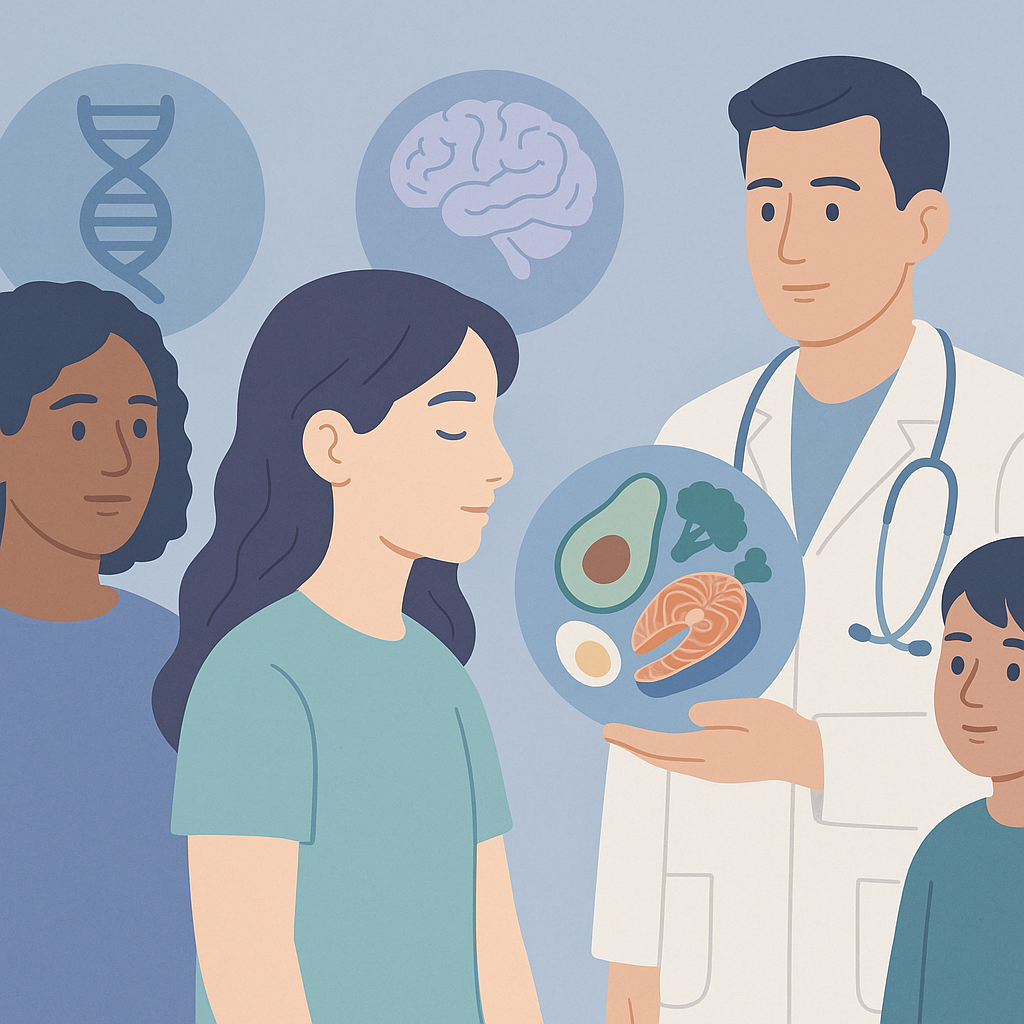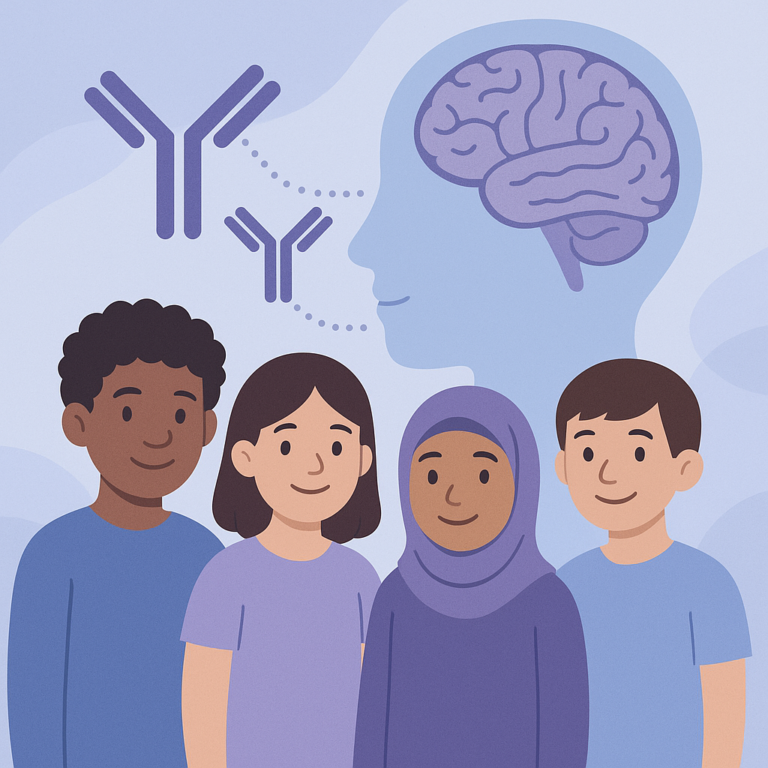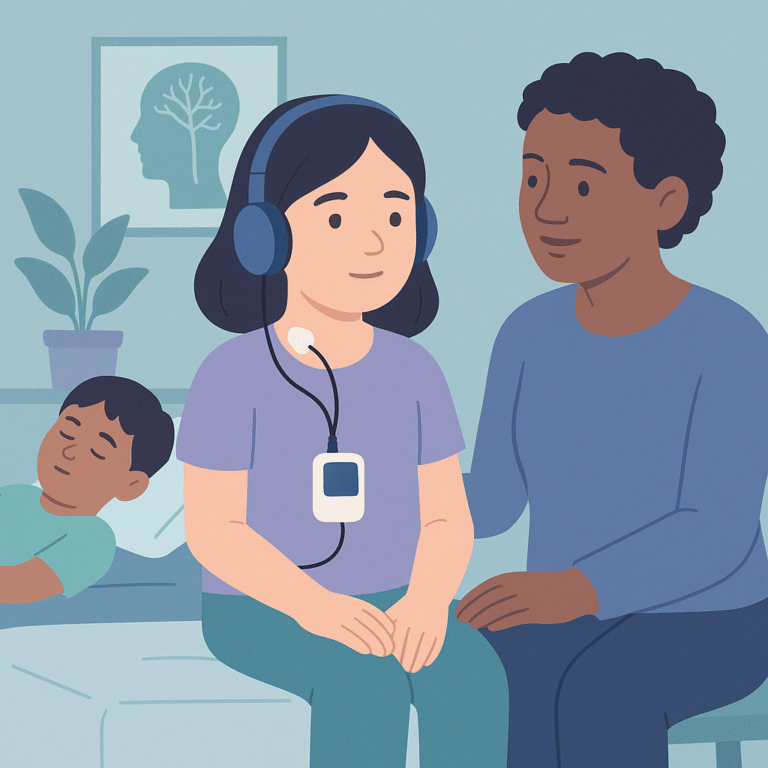Ketogenic Diet Shows Promise for Genetic Epilepsy Treatment
Source: Nutrition reviews
Summary
This study looked at how effective the ketogenic diet therapy (KDT) is for children with drug-resistant epilepsy caused by specific genetic mutations. Researchers analyzed data from 50 studies that included a total of 849 patients. They focused on patients with monogenic epilepsy, which means their epilepsy is linked to a single gene mutation.
The key findings showed that about 58% of the patients responded positively to the ketogenic diet, meaning their seizures were reduced, while 29% became completely seizure-free. The effectiveness varied depending on the specific gene mutation. For example, patients with the SLC2A1 gene mutation had a very high response rate of 96%, while those with the SCN8A mutation had a much lower response rate of only 15%. The best results were seen at the 6-month follow-up, where patients showed the most improvement.
These findings are important because they suggest that the ketogenic diet can be a helpful treatment option for some children with genetic epilepsy, especially those with certain mutations. However, it is also clear that KDT may not work well for all types of genetic epilepsy, particularly those linked to mutations like CDKL5 and KCNT1. The study has limitations, including the fact that it only included studies published up to January 2024, and more research is needed to understand the long-term effects and best practices for using KDT in these patients.
Free: Seizure First Aid Quick Guide (PDF)
Plus one plain-language weekly digest of new epilepsy research.
Unsubscribe anytime. No medical advice.





